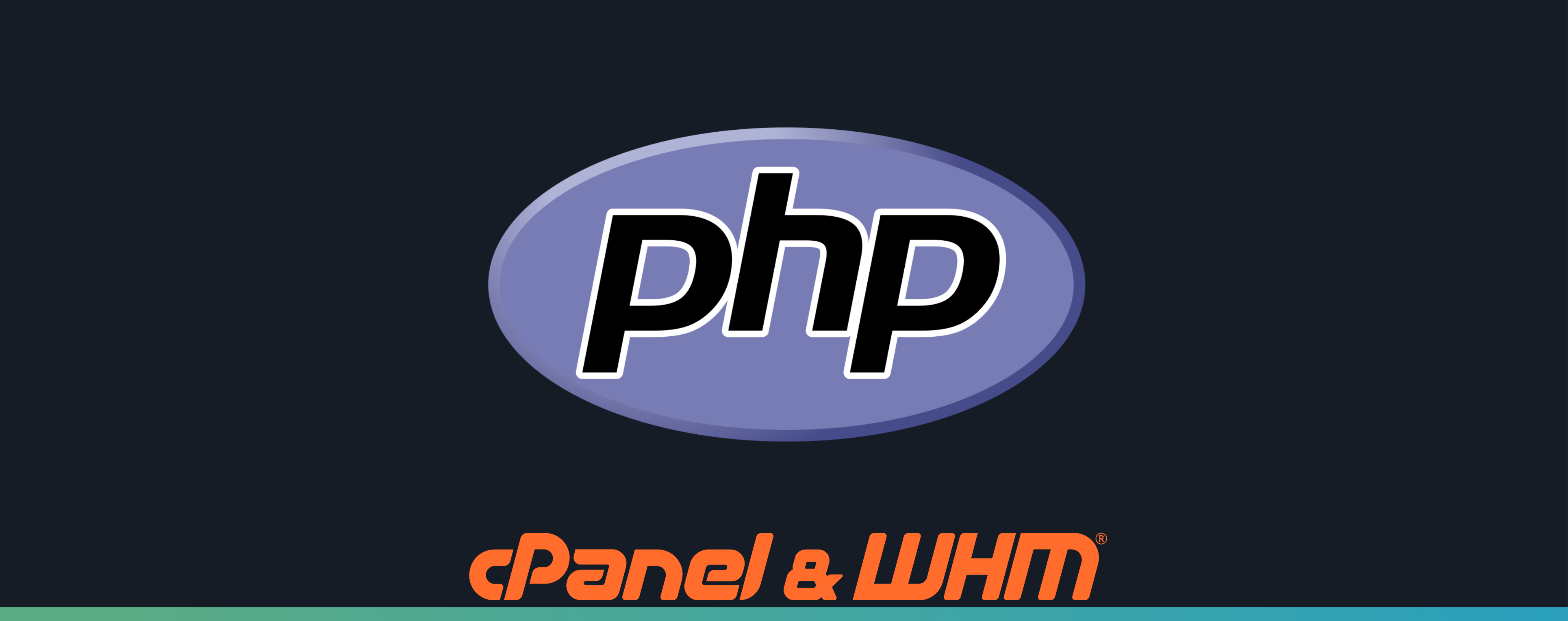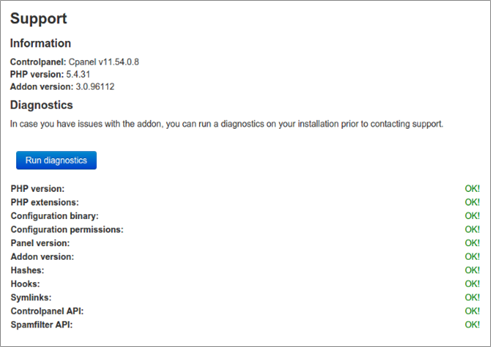

To learn how to upgrade your version of cPanel & WHM, visit. EasyApache users running cPanel & WHM version 11.38 will not see this message until that version reaches EOL at the end of April 2014. A message will appear in the WHM user interface and command line interface warning EasyApache users of this change. These users will still be able to rebuild EasyApache using the latest release prior to May 11, 2014. Important: Starting May 11, 2014, EasyApache users running EOL cPanel & WHM versions (11.38 and older) will no longer receive EasyApache updates. Also, PHP 5.2 and mod_frontpage are available as custom modules (“opt mods”). Pepipost (works over HTTP hence SMTP port block issue can be avoided) Sendmail. Keep in mind that viable alternatives to mod_frontpage exist, such as WebDAV and FTP. The core way to send emails from PHP is to use its built in mail () function, but there are a couple of ready-to-use SDKs which can ease the integration: Swiftmailer. EasyApache provides the most up-to-date, supported versions of Apache (2.2/2.4) and PHP (5.4/5.5).Why is this happening PHP has not supported version 5.2 since 2011 and there are many unpatched security vulnerabilities. Who is impacted Users running PHP 5.2 on their sites. Status: PHP 5.2 will be discontinued on InMotion servers on. They include unpatched CVEs (Common Vulnerabilities and Exposures). InMotion will End of Life (EOL) PHP version 5.2.They are no longer supported by their respective developers.These items have been removed for the following reasons: As mentioned in Introducing EasyApache’s Optimal Profiles, these End of Life (EOL) items are no longer available in EasyApache. This version removes Apache 1.3/2.0, PHP 5.2, and mod_frontpage. But again, if you're bad at your job, you prefer to do nothing, just get the cash and ignore your customers' security.Įndless developer frustration aside, you're open to all unfixed vulnerabilities from 5.2 onward.CPanel, Inc. You don't have to auto-switch everyone to the latest PHP, but you can at least show them big honking warnings both over email and in the panel and give them a grace period for switching. The issue of backward compatibility is often cited. And many people lack the knowledge to tell who's bad. Some people are just not good at their job.
Php 5.2 eol cpanel update#
Why? Why hosting companies simply not update their servers to 5.6 or 5.5? I've not seen 5.2 and 5.3 in a long time. I have clients with more unassuming needs who host at shared hosts. You're looking at the bottom of the barrel (and yes, it's a thick bottom). I started typing all this, and have now expended the effort, so I am going to click save even if its a ramble for those interested we now develop for 5.5 and have been updating any 5.3 client work to 5.5 during spare hours so we can eventually drop that server in favor of aws.Ĭould anyone explain me like I'm five: while PHP 5.2 and 5.3 are totally outdated, still little less than half sites (at least based on WordPress ) are hosted on these versions. However what made me laugh recently was when the heart bleed issue became public, a lot of clients got in touch regarding it - when we got in touch with the man on the end of the phone to ask about if we had been at risk he replied with "oh, don't worry about that, your version is too old to have the issue." Due to the unfortunate reality that we have a lot of legacy client websites written in 5.3 that do not have the budget to redevelop, our server is running 5.3 - fortunately as you say Red Hat do back-port security related fixes. We pay for managed co-location meaning we have the benefit of there being someone on the end of the phone to fix issues 24/7. I'm not sure why they don't opt to power up new servers with newer versions, but that's more or less the explanation for why they don't upgrade the old ones.

Upgrading would be an expense, and is by default uninteresting to them. That kind of stuff will keep working long into the death of ancient PHP versions, and as long as they can maintain that status quo, they can keep their income levels high with zero additional expenses. Their customers are generally low-priority entities like websites for florists, butchers, pets, or simply used as email relays. Sure, you can just plug in a new PHP version, but who's going to test all the client sites and make sure they still work?įinancially, the ordeal is just not viable to them. One slip-up, one outdated function call, and an upgrade could break a client's site, losing the provider many customers.Īdditionally, there's the fact that upgrading such an environment is no easy task, infrastructure-wise. These are all paying customers, each with varying quality of code. They have hundreds, maybe thousands of sites per instance.


 0 kommentar(er)
0 kommentar(er)
